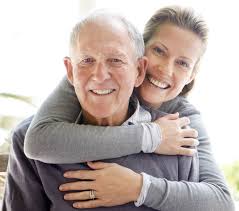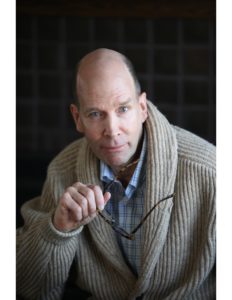My experience has taught me that cancer patients, survivors, and caregivers must learn about both conventional and non-conventional cancer therapies…
Cancer patients, survivors, and caregivers really don’t care about how their therapy is labeled. Conventional therapy is approved by the Food and Drug Administration and prescribed by their oncologist. Non-conventional therapy- anything not approved by the FDA, is a therapy that cancer patients, survivors, and caregivers read about on the Internet or hear about from their hairdresser.
Cancer patients just want their cancer to be cured. It is large institutions like the U.S. or Chinese governments or the AMA, ACS or FDA that get their underwear in a bunch of labels such as conventional or non-conventional.

In the United States, you must be a board-certified medical doctor to prescribe therapies that have been approved by the FDA. If you prescribe therapies and you are not board-certified you can be arrested and prosecuted for practicing medicine without a license.
The challenge faced by cancer patients, survivors and caregivers about their therapy is the cost, availability, and efficacy of ANY therapy.
You see, I am a survivor of an incurable cancer called multiple myeloma. I did it the hard way. I underwent lots of chemo, radiation and surgery, failed, reached end-stage and was lucky enough to find a non-conventional therapy that put me into complete remission. Where I am today.
I learned that there is more than just the issues of conventional and non-conventional.
- Medical insurance usually pays the cost of FDA approved therapy
- Medical insurance usually will not cover the cost of any therapy not approved by the FDA
- The FDA usually requires expensive clinical trials in order to approve a cancer therapy
If, like my oncologist did in 1997, you are told that “nothing more can be done for you” panic sets into the cancer patient’s mind.
This is where the labels conventional and non-conventional cancer therapies come in. The average cancer patient will pursue those cancer therapies that are prescribed by his/her oncologist and therefore paid for by his/her medical insurance. If conventional oncology can cure a cancer patient’s cancer then all is well.
If conventional oncology cannot cure a patient’s cancer then more often than not, a patient will turn to any therapy available to him or her.
The article linked and excerpted below talks about Traditional Chinese Medicine (TCM). While Dr. Tu developed Artimisia for malaria, there is considerable research about artemisinin and cancer.

I am both a cancer survivor and cancer coach. My experience has taught me that cancer patients, survivors, and caregivers must learn about both conventional and non-conventional cancer therapies in order to cure their cancer. It is the cancer patient him/herself who will decide between efficacy, cost, convenience and yes, labels.
Scroll down the page, post a question or a comment. I will reply to you ASAP. Hang in there.
thank you,
David Emerson
- Cancer Survivor
- Cancer Coach
- Director PeopleBeatingCancer
“But the most sophisticated part of Chinese medicine, Dr. Liu said, involves formulas of 10 to 20 herbs or minerals that a practitioner adjusts weekly after a consultation with a patient. And yet almost no research has been done on how these formulas actually interact with the body, he said. Instead, the government has poured money into finding another Artemisinin — with no luck…”
“I think for the future development of Chinese medicine, people should abandon its medical theory and focus more on researching the value of herbs with a modern scientific approach,” Dr. He said in an interview…
One senior practitioner is Hu Xin, 61, who began learning herbal medicine 50 years ago from his father. He later went to university, earning advanced degrees, but said that any good herbalist has to study the classics, some of which date back 2,000 years. Sitting in his small consultation room at the end of a long morning, Dr. Hu had just treated 14 patients with serious ailments like intestinal inflammation, ovarian cysts, menstrual cramps and chronic bronchitis.
But despite the successes that he and his patients report, he worried about the attacks on Chinese medicine. Now, he said excitedly, the Nobel Prize would help keep critics at bay.
“In the future, how can people say that Chinese medicine isn’t scientific?” Dr. Hu said. “You can’t deny that it’s based on Chinese medical texts and clinical experience.””





